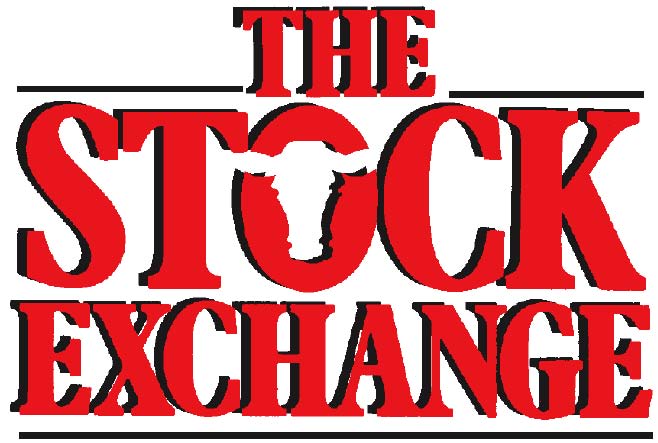K-State beef cattle experts discuss how nutrition and stress in utero impact animals for a lifetime
MANHATTAN, Kan. — During pregnancy, regular checkups are key for mother and baby to maintain good health. The same is true for beef cattle, according to the experts at Kansas State University’s Beef Cattle Institute.
“In the case of replacement heifers, research has shown that if their diet was restricted when they were in utero, there can be some long-term negative implications for them as they become cows,” said Phillip Lancaster, beef cattle nutritionist on a recent Cattle Chat podcast.
Lancaster’s comment came during a discussion about fetal programming.
“Fetal programming relates to how we feed and manage the cow during pregnancy and its impact on the calf’s performance at birth and throughout its lifetime,” said Brad White, veterinarian.
In extreme caloric restrictions that are the result of drought or mismanagement, veterinarian Bob Larson said there is likely a negative impact on the pregnancy.
“It is conceivable that a cow that appears to be malnourished will have a calf that is negatively impacted,” Larson said.
In early gestation, malnourishment can impact the development of the gastrointestinal track and liver. Later in the pregnancy, it can impact muscle, ribeye size and marbling, Lancaster said.
“Nutrition has been the focus of the research, but the fetus can also be impacted if the cow experiences a stressful event while pregnant,” he said.
To keep the cows in good nutrition, Lancaster said protein supplementation is important as well as adding energy to the diet and providing vitamins and minerals.
“If the cows are out on pastures with low quality forage, make sure you are providing them with a protein supplement,” Lancaster said.
White added: “If the cows maintain a good body condition throughout the pregnancy, it is likely that the calf will be born healthy, but for some extra assurance you may want to consult with a nutritionist to make sure the cows are getting what they need through supplements.”
To hear more of this discussion, listen to the Cattle Chat podcast online.
